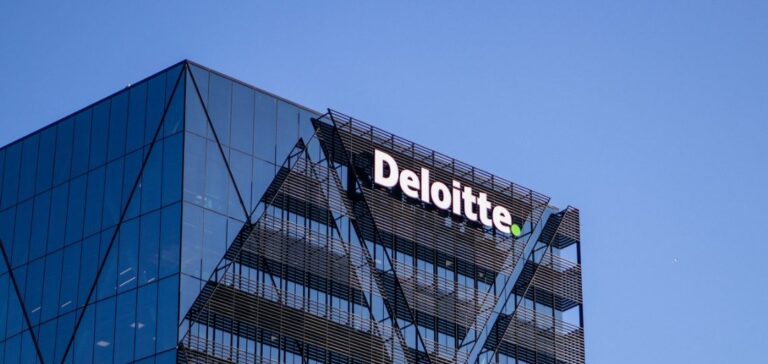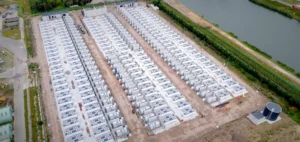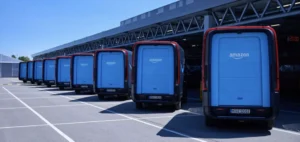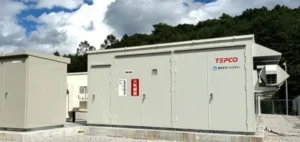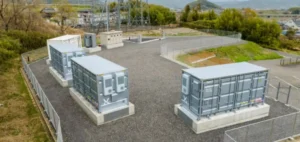The lithium-ion battery recycling sector is experiencing rapid growth, driven by increasing demand for electric vehicles, renewable energy storage, and consumer electronics. A recent report from Deloitte and CAS, published on February 19, 2025, provides an in-depth analysis of this evolving industry. By combining CAS’s scientific data with Deloitte’s market expertise, the report explores key dynamics of battery recycling and presents perspectives on its future, particularly regarding profitability and technological innovation.
Market Trends and Technological Innovations
One of the primary drivers of the market is technological innovation, which is improving recycling efficiency. The report highlights significant advances in digital solutions that optimize waste management and increase recovery rates of materials from used batteries. These innovations not only reduce environmental impact but also contribute to the economic viability of recycling, a crucial element given the resource scarcity and global ecological challenges.
Innovations in lithium-ion battery recycling technology are thus leading to improvements in the quality of recovered materials, including lithium, cobalt, and nickel, essential metals for manufacturing new batteries. The report suggests that these technological advancements should lead to reduced recycling costs and increased profitability of operations.
Growth of Recycling Capacities and Cross-Sector Collaboration
The report also emphasizes the rapid expansion of recycling capacities worldwide, facilitated by public policies and collaborative initiatives between the private and public sectors. According to experts, investments in recycling infrastructure will not only meet growing demand but also reduce reliance on primary material sources. This cross-sector collaboration is resulting in better regulation and an increase in the processing capacities for used batteries.
Collaborations between technology companies, battery manufacturers, and regulatory bodies are intensifying to establish international standards and promote a more sustainable supply chain. These collective efforts are expected to accelerate the transition to a circular economy, where end-of-life batteries are optimally reused.
Economic Perspective and Profitability of Recycling
Profitability remains a key factor in sustaining lithium-ion battery recycling operations. The report suggests that strategies based on digital solutions, such as blockchain to trace the origin and processing of recycled materials, will offer new business opportunities. This could allow the industry to better address financial challenges while reducing environmental costs.
Despite logistical challenges and infrastructure costs, lithium-ion battery recycling appears to be an increasingly profitable opportunity, as it is a growing market essential for supporting global energy transitions. Continued innovation in this field could also have a significant impact on the competitiveness of companies operating in this sector.


